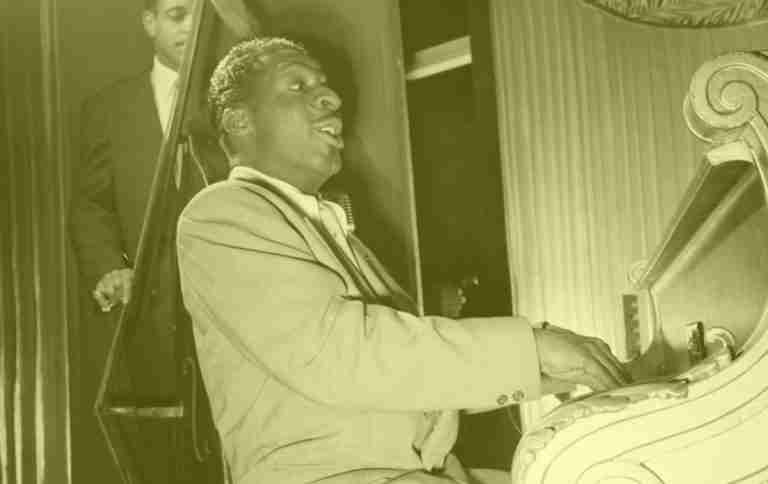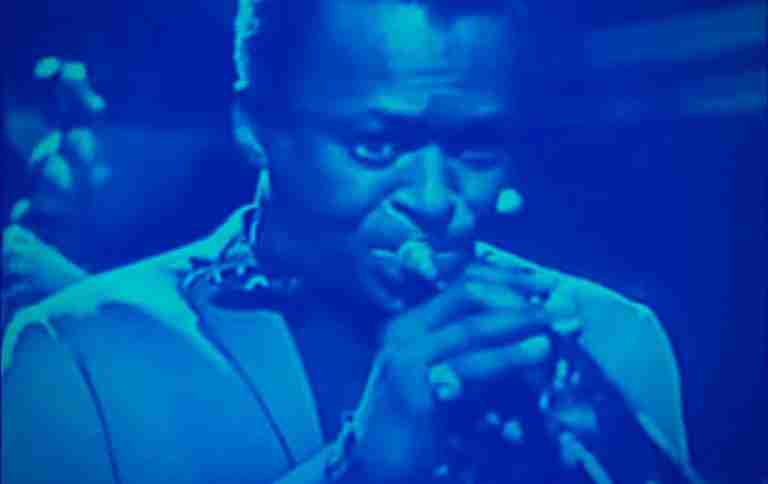Master Maiden Voyage – Bobby Hutcherson’s Perfect Solo
By
Composition, Jazz Musicians, Tunes
Maiden Voyage is a classic jazz standard that all improvisers will encounter at some point in their musical journey. With only four chords, beginners tend to gravitate toward this Herbie Hancock masterpiece because it seems like it would be an “easy” jazz tune… While it’s true that there are only four chords and that the …











